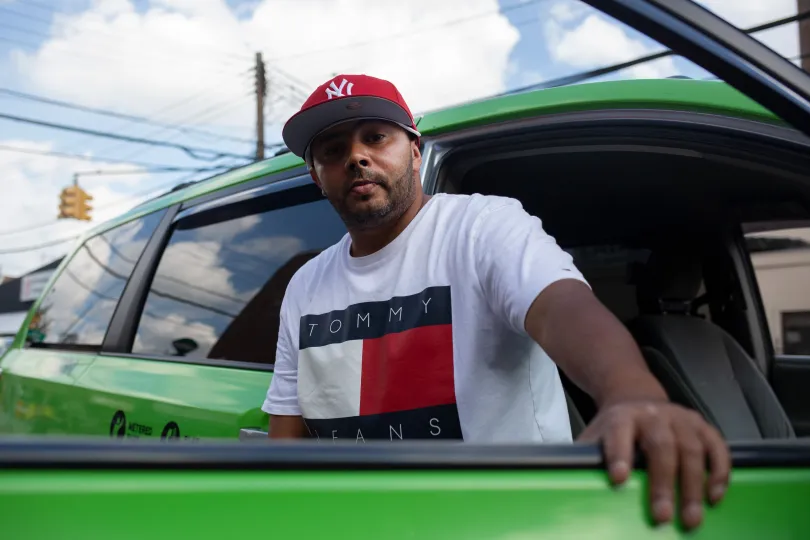New York’s plan to put pot dealers with convictions first in line hits snags
New York State will award its first 150 marijuana retail licenses to people penalized in the past for dealing — but a daunting application stands in the way of going legal.

 This article was originally published on by THE CITY
This article was originally published on by THE CITY
New York State is the first state in the nation to put people with past marijuana-related criminal convictions first in line for legal retail licenses — but those applicants say they’re finding the application, due by Sept. 26, dauntingly complex.
Hector Bonilla is one of more than 450 people who’ve reached out to the nonprofit legal services group Bronx Defenders for help with the piles of paperwork, and one of about 50 who are eligible to pursue a retail license.

Brooklyn Boro
View MoreNew York City’s most populous borough, Brooklyn, is home to nearly 2.6 million residents. If Brooklyn were an independent city it would be the fourth largest city in the United States. While Brooklyn has become the epitome of ‘cool and hip’ in recent years, for those that were born here, raised families here and improved communities over the years, Brooklyn has never been ‘uncool’.